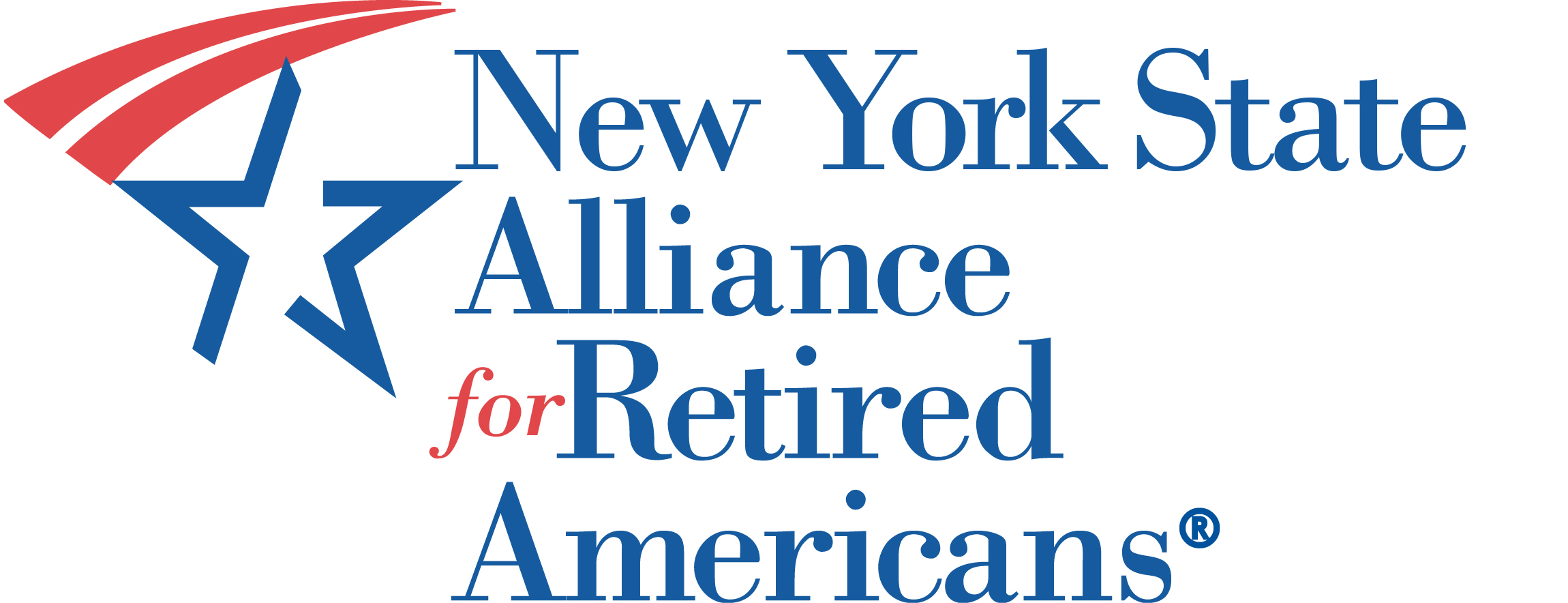Consistently, polls have shown that an overwhelming majority of New Yorkers favor holding a constitutional convention to rewrite the state constitution, known affectionately as a con-con, even though just as many admit they don’t know the first thing about it.
Apart from being an astonishing insight into our electorate, and polls, the thought does come to mind this is dangerous territory.
Putting the best face on this contradiction is that New Yorkers, fed up with the often demonstrated shortcomings of our professional political class, are eager to bring power back to the people, and a constitutional convention sounds like it should do that.
In short, New Yorkers love the idea, the ideal. Unfortunately, the reality of what a con-con in a couple of years would actually be, based on our historical knowledge of them, is a country mile from the ideal. Think the recent, gridlocked legislative session writ large, with no time limit, with most of the same players, dominated by the same special interests and big money, but costing an estimated hundred million out of our pockets. Then imagine a really, really big ugly at the end, only the horse trading would involve wildly disparate bits and pieces of our fundamental governing document.
What an enormous, needless gamble.
We have far more to fear from such a convention than to feel good about in the current political climate. It’s more likely bad things will happen than good with the entire constitution up for a redo. Carefully made gains and protections over centuries on a host of fronts would be exposed, with who knows what consequences. Keeping our forever wild forest preserve protections intact comes immediately to mind. For Assembly Speaker Carl Heastie, it’s hard won worker protections that could be at risk, which is why he gives a thumb down to con-con. Senate Majority leader John Flanagan does too, because he says it will cost too much.
Gov. Andrew Cuomo also opposes, and cogently. Cuomo told the Daily News that sure, he likes the concept, but added that “you have to find a way where the delegates do not wind up being the same legislators who you are trying to change the rules on. I have not heard a plan that does that. The theory … is just good people come in and they’re the delegates. The way it will work is you’ll probably elect assemblymen and senators as delegates. And the unions will probably fund the campaigns. And you may make the situation worse, not better.”
It is curious that a Democratic governor would single out unions in a bad light, and not also mention the hedge fund supporters of charter schools, Wall Street, and the hefty downstate real estate forces — all of which have been so very generous with campaign contributions to the governor. We don’t have a lack of special interests in New York, and the big money for persuasion.
The strongest voices I’ve heard for a con-con are those of political scientist Gerald Benjamin of SUNY at New Paltz, a longtime, highly respected advocate, and Dick Dadey of the Citizens Union. Benjamin embraces the potential, the beautiful theory, and is somewhat mesmerized by it, ignoring, I’m afraid, the realpolitik of our day. Consensus politics, working to a common good, may return at some point, but it is surely not to be reliably found at present.
Dadey is just plain naive. He says “that the people should take back our government,” and con-con can do it. As for the same old political crowd controlling the event and the outcomes, Dadey insists no. Real people will rise to the occasion. “You will see a citizens movement unlike what you’ve ever seen before because of the disgust and the disdain for how our state government and our democracy operates and you will see people coming forward to run.”
Best of luck, Dick Dadey.
Normally, there might be some sense in Assembly Minority Leader Brian Kolb’s observation that since the Big Three are all against a con-con, then it’s “probably something worth considering.” Except, again, the risk factor for all the gains enshrined in our state constitution is just too high, Besides, we already have an effective, piecemeal legislative amendment process that is appropriately focused.
Sometimes, the status quo is our best friend, and this is one of those times.
The possibility of a constitutional convention is guaranteed every 20 years. We haven’t had one in half a century.
Come Nov. 7, the people will have to vote yea or nay whether we have one in 2019 with delegates to be picked next November, three per senate district, for a total of 204. That is, if the voter looks on the back of the ballot where the proposition will be, in an off-off year election with no state offices on the line, in a state that has dismal-to-poor turnout even in presidential years.
Which means, the fate of our state constitution will likely rest on a tiny fraction of eligible voters, motivated by who knows what.
Have you noticed, democracy can be scary?
